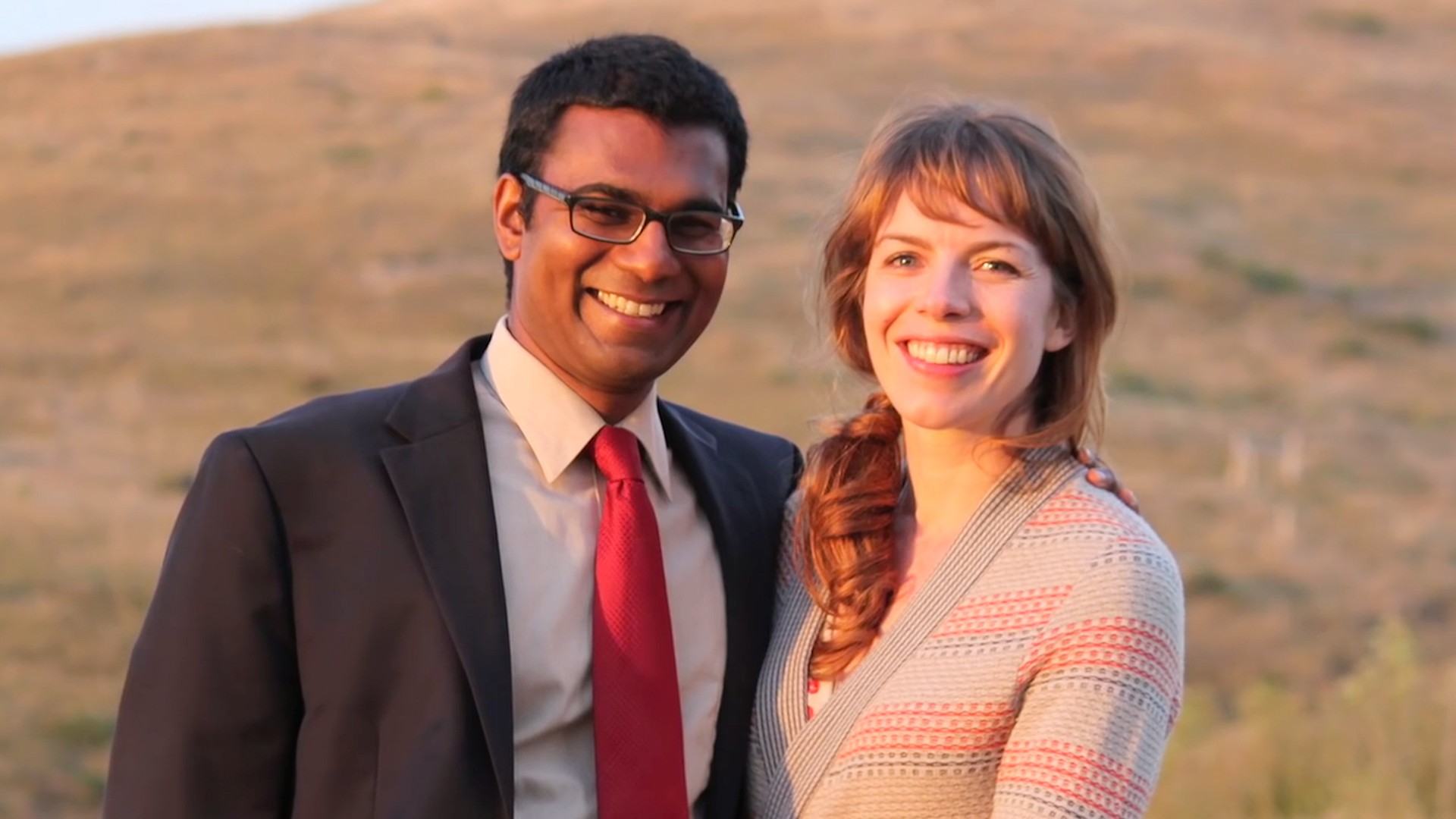Jason LaVeris / Getty
“How have I never had keema naan before? That’s fucked up,” I say to my mother, sprawled on the couch, bourbon in hand. “Can I even call myself Indian?”I was visiting my parents’ house one lazy Friday evening last fall for a Netflix binge, when they were itching for a Bourdain fix. These goons have been stanning Bourdain for years, but I’d always appreciated his work from afar. So I let them cue up one of their faves, the Amritsar episode of Parts Unknown, a show where Anthony Bourdain travels to different countries and tries esoteric foods of every culture.The episode was indeed fire. In it, Bourdain visits one of Punjab’s biggest cities, where he eats incredible things (imagine garlicky naan, if you will, equally crisp and doughy, with seasoned meat all up in it) and delves deeply into some nuances of Indian culture I knew little about. But it wasn’t in a colonizer-porn/white-guy-tells-me-about-my-own-culture way. It was goddamn enchanting. As irreverent, sarcastic, and arrogant as Bourdain could sometimes seem, he was the epitome of an eager, hungry foreign exchange student on that show. And while it takes power and privilege to be able to do the things he did, not everyone with those things has the skill to connect with people like that—to compel them to show themselves in an authentic way.I watched a lot of episodes after that. As a journalist, I long to connect with people like he did—to be the vehicle for their invaluable stories. I know Bourdain built his empire based on his knowledge of food and restaurant culture, but he was a solid and passionate storyteller more than anything else. Especially in a political climate where there’s so much divisiveness and fear around talking about ‘the other,” it’s a refreshing practice to observe.While I’ve become fairly desensitized to celebrity deaths (I’m not a dick, I’m just in the media), I was pretty jarred when I heard about Bourdain this morning. Maybe it’s because he produced work that mattered to me, or that his personality was so big, but the thought of him no longer physically existing is disorienting. There was so much more left of him to give, at least I imagine there was, and it feels hurtful that he’s just vanished.
More from Tonic:
“Symbolically, this connection meant something,” says David Klemanski, psychologist and professor of clinical psychology at NYU Langone Health. He tells me about a thing called parasocial relationships—when a person expends emotional energy, their interest, their time, on a celebrity, or someone they don’t know personally. Parasocial interactions resemble face-to-face ones in terms of our thoughts and emotions about them, but they’re (obviously) one-sided. These days, the intimacy we feel with celebrities is more palpable than ever because of social media, Klemanski tells me.I certainly feel more connected to celebrities because of Twitter, Bourdain included. So many of his tweets seemed to reflect my own values. “[Social media] accounts are very personal,” Klemanski says. “I think this interconnectedness facilitates a stronger perceived intimate relationship than we have. And it makes sense that the grief can sort of be in parallel to that. Or even exceed that.”Exceed that. That stood out to me from talking to experts about this phenomenon: The grief for a celebrity once they’re gone might end up taking up more emotional space than the feelings we had about them when they were alive. This could be related to the reality that grief can be so much more simple when it’s someone you don’t know. “Sometimes we grieve people we don’t know harder than we grieve the people that we do know because our relationships with them are so much less complicated,” says Norma Bowe, a professor at Kean University in New Jersey who focuses on death and grieving. “Our relationships with our family members are complicated. Relationships we have with our significant others are complicated.”Klemanski urges me to look at my “relationship” with Bourdain functionally—what did it do for me? “Did it provide a companionship? Did it fill some void?” he asks. Ultimately, the role he played in my life was self-serving (obviously, since it literally wasn’t doing anything for him). I perceived in him qualities I aspired to have myself—I thrived off what seemed like our shared goal of connecting intimately and fearlessly with people profoundly different from ourselves. My feelings of connectedness to him made me feel inspired to pursue and play up those things in my own life.Something to consider if you feel empty after a celeb you liked dies: Embrace feeling like shit. “We’ve been taught that we have to be strong, whatever that means,” Bowe says. Grieve, and it’ll pass. Pour out a shot for the homie, and don’t feel weird about recognizing what this person did for your personal growth.He left unexpectedly, but he left me with a lot.If you are struggling with a mental health issue in USA call the National Suicide Prevention Lifeline at 1-800-273-8255. In Canada, visit suicideprevention.ca for more information on how to get help.Sign up for our newsletter to get the best of Tonic delivered to your inbox.
Advertisement
Advertisement
More from Tonic:

“Symbolically, this connection meant something,” says David Klemanski, psychologist and professor of clinical psychology at NYU Langone Health. He tells me about a thing called parasocial relationships—when a person expends emotional energy, their interest, their time, on a celebrity, or someone they don’t know personally. Parasocial interactions resemble face-to-face ones in terms of our thoughts and emotions about them, but they’re (obviously) one-sided. These days, the intimacy we feel with celebrities is more palpable than ever because of social media, Klemanski tells me.I certainly feel more connected to celebrities because of Twitter, Bourdain included. So many of his tweets seemed to reflect my own values. “[Social media] accounts are very personal,” Klemanski says. “I think this interconnectedness facilitates a stronger perceived intimate relationship than we have. And it makes sense that the grief can sort of be in parallel to that. Or even exceed that.”Exceed that. That stood out to me from talking to experts about this phenomenon: The grief for a celebrity once they’re gone might end up taking up more emotional space than the feelings we had about them when they were alive. This could be related to the reality that grief can be so much more simple when it’s someone you don’t know. “Sometimes we grieve people we don’t know harder than we grieve the people that we do know because our relationships with them are so much less complicated,” says Norma Bowe, a professor at Kean University in New Jersey who focuses on death and grieving. “Our relationships with our family members are complicated. Relationships we have with our significant others are complicated.”
Advertisement
